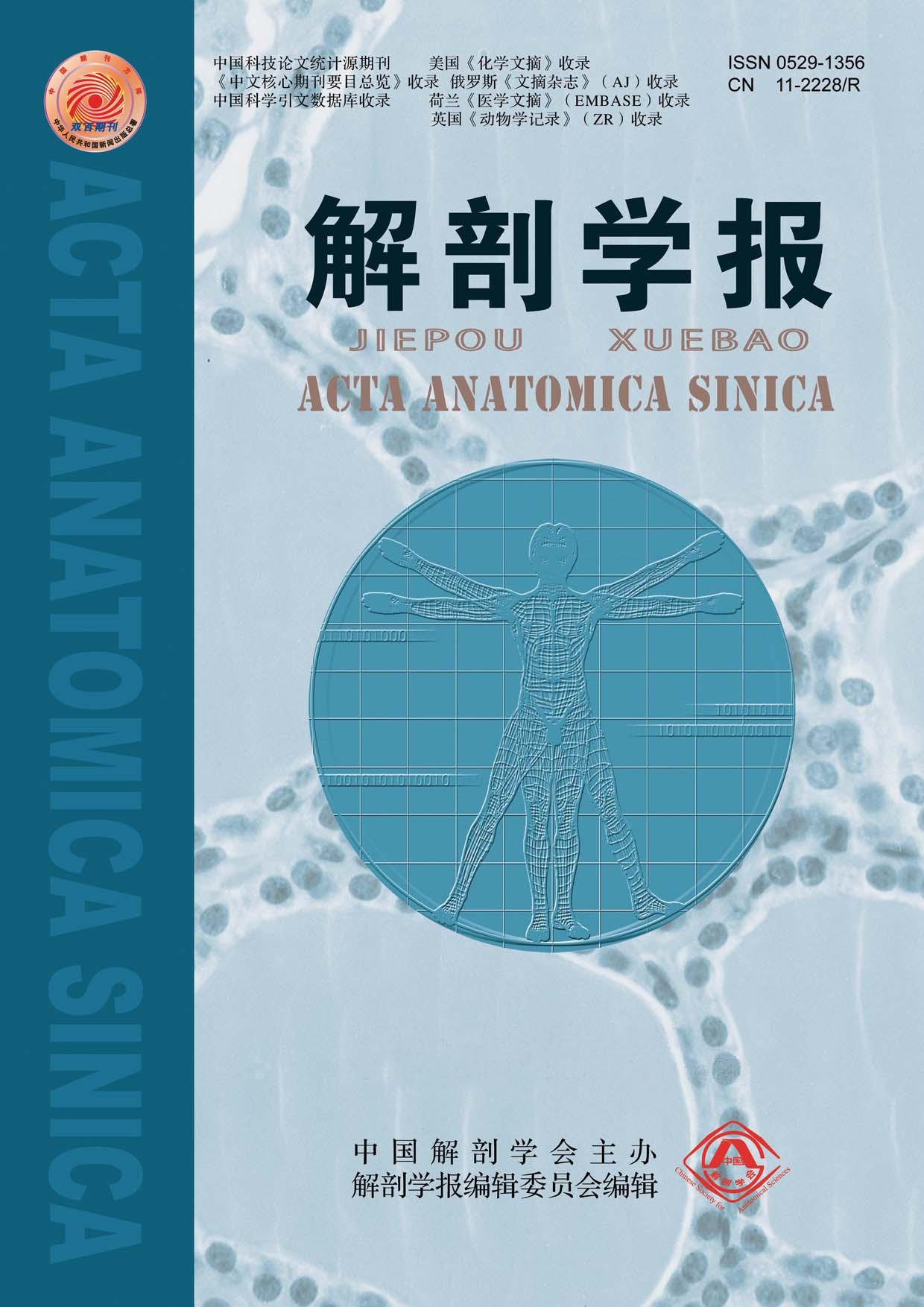Objective To obtain the physical anthropological characteristics of head and face of Tajik adults in Aketao, and to explore their ethnic origin through cluster analysis with other populations. Methods According to Anthropometric Method, 286 Tajik adults (male 121, female 165)in Aketao, Xinjiang were recruited and analyzed. The survey included 12 observation indicators of head and face, 19 measuring indicators of head and face, 12 indexes of head and face and its classification. Results The indicators of head length, head breadth, head height, minimum frontal breadth, face breadth, bigonial breadth, nose breadth, mouth breadth, auricular height, physiognomic facial height, morphological facial height, nasal length, nasal height, physiognomic ear length, physiognomic ear breadth, zygomatic protection, nasal root height, nasal profile, nasal base of Tajik adults in Aketao had gender differences(P<0.05). Compared with the Tajik adults in Aketao and Taxkorgan, the type indicators of head and face of zygomatic protection, direction of eyeslits, nasal root height, nasal base, maximal diameter of nostrils, lobe types, nreadth-height index of head type, morphological facial index type, nasal index type had regional differences(P<0.05). The cluster analysis showed that Tajik adults have unique characteristics of head and face, which were grouped separately and were more similar to Iranians. Conclusion Tajik adults in Aketao have the characteristics of head and face of the West Eurasian. The characteristics of head and face of Tajik adults in Aketao and Taxkorgan are somewhat different. From characteristics of head and face, they may be related to the Eastern Iranian tribe.


